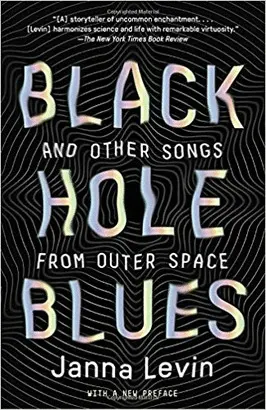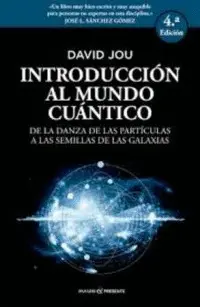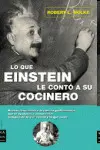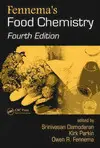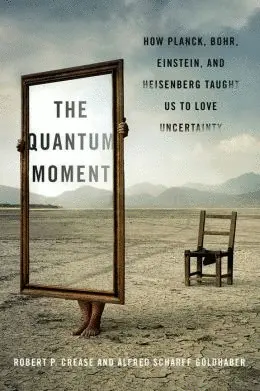The Quantum Moment
Robert P. Crease / Alfred Scharff Goldhaber
Histories of quantum theory are typically dense with complex, abstract ideas, but philosopher Crease and physicist Goldhaber, both of Stony Brook University, offer a new twist, adding a fascinating look at the ways the mainstream world has embraced (though not always accurately!) the concepts of quantum mechanics. Pop culture took up the quantum cause with far more gusto than m...
Sinopsis
Histories of quantum theory are typically dense with complex, abstract ideas, but philosopher Crease and physicist Goldhaber, both of Stony Brook University, offer a new twist, adding a fascinating look at the ways the mainstream world has embraced (though not always accurately!) the concepts of quantum mechanics. Pop culture took up the quantum cause with far more gusto than most physicists. When first proposed, quantum theory was deemed "ugly, weird, unpredictable," and "quite distasteful." Experimentalist Robert Milliken tried to kill the idea, but his lab results kept confirming it. The authors cheerfully discuss how much Einstein, along with many of his peers, hated the way the theory allowed uncertainty to toy with reality. While physicists struggled to fill in the missing bits of their incomplete theories, quirky quantum ideas became parts of a "sphinxian riddle" that captured the mainstream imagination and inspired everyone from cartoonists and sculptors to such writers as Ian Fleming and John Updike. Crease and Goldhaber have written an accessible and entertaining history that embraces both the science and the silliness of quantum mechanics.
Comentarios
Sé el primero en comentar este libroArtículos relacionados
